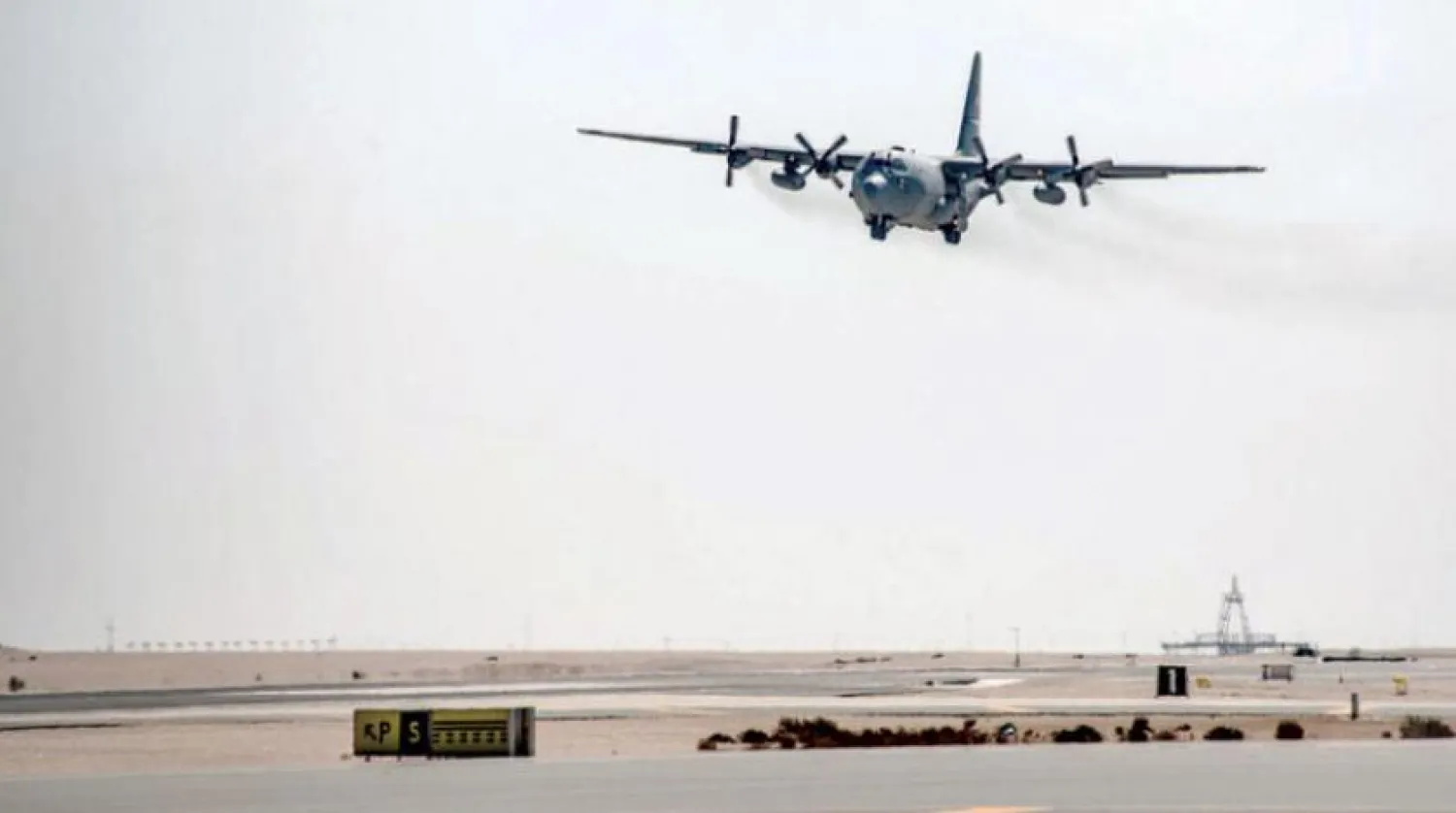The US has closed sprawling bases in Qatar that once stored warehouses full of weaponry and transferred the remaining supplies to Jordan, in a move that analysts say positions Washington to deal better with Iran and reflects the military’s changing priorities in the region, reported the daily military newspaper “Stars and Stripes.”
The Pentagon has issued a statement reaffirming that military leaders had shuttered the US Army Camp As Sayliyah-Main last month, along with Camp As Sayliyah-South, and an ammunition supply point named Falcon.
According to the statement, Camp As Sayliyah served as a forward staging area for US supplies in the Middle East, with 27 warehouses storing tanks, armored personnel carriers and a variety of equipment.
Supplies from the three bases, as well as a support mission based there, are now part of Area Support Group-Jordan, a US Central Command (CENTCOM) statement said.
In the eyes of experts, closing the bases and moving the mission to Jordan could benefit the US in potential disputes with Iran through decreasing the threat of rocket attacks in the Gulf region from Iran-backed militias.
The threat of missile strikes against US troops like last year’s attack on al Asad Air Base, which left more than 100 injured, is an important tool in Tehran’s negotiating strategy.
The Biden administration, which has signaled a desire to negotiate a deal with Iran to ensure the country does not develop nuclear weapons, wishes to be able to deny the Iranians that leverage in negotiations.
The US Department of Defense also confirmed last month that it had removed Patriot and THAAD missile defense batteries with their crews from the Gulf, some of which were sent for maintenance, while others were deployed to new areas.
The move followed the level of security threat dropping significantly in the region and US allies becoming more able to take on the threat of missile and drone attacks.









